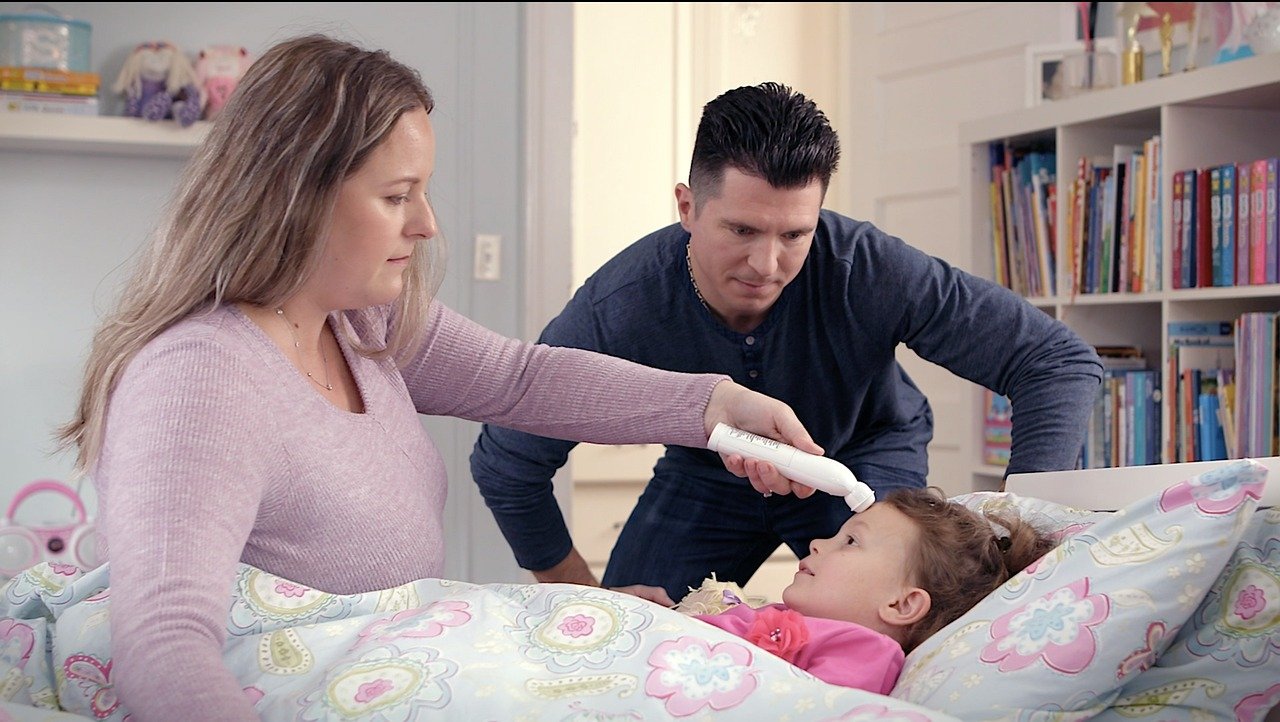Physical activity has a profound impact on mental health, providing numerous benefits that enhance emotional well-being and cognitive function.
Reduces Stress and Anxiety
- Endorphin Release
- Physical activity stimulates the production of endorphins, which are natural mood lifters and stress relievers.
- Lower Cortisol Levels
- Exercise helps lower cortisol, the body’s primary stress hormone, leading to reduced feelings of stress and anxiety.
Alleviates Symptoms of Depression
- Serotonin and Dopamine Production
- Exercise boosts the production of neurotransmitters like serotonin and dopamine, which play a key role in regulating mood.
- Improved Sleep
- Regular physical activity can improve sleep quality and duration, which is often disrupted in individuals with depression.
Enhances Cognitive Function
- Improved Memory and Learning
- Physical activity increases blood flow to the brain and stimulates the growth of new brain cells, enhancing memory and learning abilities.
- Reduced Risk of Cognitive Decline
- Regular exercise is associated with a lower risk of cognitive decline and neurodegenerative diseases such as Alzheimer’s.
Boosts Self-Esteem and Confidence
- Sense of Achievement
- Meeting fitness goals or milestones can boost self-esteem and provide a sense of accomplishment.
- Improved Body Image
- Physical activity can lead to improvements in body image and self-perception, enhancing overall self-confidence.
Enhances Mood and Emotional Well-Being
- Mood Stabilization
- Regular physical activity can help stabilize mood swings and improve overall emotional regulation.
- Increased Energy Levels
- Exercise boosts energy levels, which can improve mood and reduce feelings of fatigue and lethargy.
Promotes Social Interaction
- Community and Support
- Participating in group activities or sports can foster social connections, providing emotional support and reducing feelings of loneliness.
- Sense of Belonging
- Being part of a fitness community or team can create a sense of belonging and enhance social well-being.
Reduces Symptoms of Mental Health Conditions
- ADHD Management
- Physical activity can improve concentration, motivation, memory, and mood, which are often affected in individuals with ADHD.
- PTSD and Trauma
- Exercise can reduce symptoms of PTSD and trauma by helping individuals manage stress and anxiety.
Encourages Mindfulness and Relaxation
- Mind-Body Connection
- Activities like yoga and tai chi promote mindfulness and relaxation, reducing stress and enhancing mental clarity.
- Focused Attention
- Exercise requires focused attention, which can act as a form of meditation, helping to calm the mind and reduce negative thoughts.
BENEFITS OF PHYSICAL ACTIVITY FOR OLDER ADULTS
Physical activity is particularly beneficial for older adults, helping to maintain independence and improve overall quality of life. Here are some of the key benefits:
Physical Health Benefits
- Maintains Muscle Mass and Strength
- Regular exercise helps prevent the natural loss of muscle mass and strength that occurs with aging, which can improve functional abilities.
- Improves Balance and Coordination
- Activities such as yoga, tai chi, and balance exercises can reduce the risk of falls and related injuries.
- Enhances Bone Density
- Weight-bearing exercises such as walking and resistance training help maintain bone density, reducing the risk of osteoporosis and fractures.
- Supports Joint Health
- Exercise can help manage symptoms of arthritis and improve joint mobility and flexibility.
- Boosts Cardiovascular Health
- Aerobic activities like walking, swimming, and cycling improve heart health, lower blood pressure, and reduce the risk of heart disease and stroke.
- Regulates Blood Sugar Levels
- Physical activity helps control blood sugar levels, which is crucial for managing or preventing type 2 diabetes.
- Improves Respiratory Function
- Exercise enhances lung capacity and efficiency, making everyday activities easier.
- Promotes Better Sleep
- Regular physical activity can improve sleep quality, helping older adults fall asleep faster and enjoy deeper sleep.
Mental Health Benefits
- Reduces Symptoms of Depression and Anxiety
- Exercise boosts mood and reduces stress by increasing the production of endorphins and other mood-enhancing chemicals.
- Enhances Cognitive Function
- Regular physical activity is associated with better brain health, improved memory, and a lower risk of cognitive decline and dementia.
- Boosts Self-Esteem and Confidence
- Achieving fitness goals and maintaining physical abilities can enhance self-esteem and overall sense of well-being.
Long-Term Benefits
- Increases Longevity
- Regular exercise is linked to a longer life expectancy by reducing the risk of chronic diseases and maintaining overall health.
- Reduces Risk of Chronic Diseases
- Physical activity lowers the risk of developing conditions such as heart disease, diabetes, certain cancers, and metabolic syndrome.
- Enhances Quality of Life
- Staying active helps older adults maintain independence, perform daily activities more easily, and enjoy a higher quality of life.
Social Benefits
- Encourages Social Interaction
- Group activities, fitness classes, and community sports can foster social connections and reduce feelings of loneliness and isolation.
- Provides a Sense of Community
- Participating in group exercises or local fitness events can create a sense of belonging and support.
Additional Benefits
- Promotes Healthy Aging
- Regular physical activity helps older adults age more healthily, maintaining mobility, flexibility, and overall function.
- Alleviates Chronic Pain
- Exercise can help manage chronic pain conditions, such as arthritis and fibromyalgia, by improving joint function and reducing inflammation.
- Supports Mental Resilience
- Physical activity can improve mental resilience, helping older adults better manage stress and life’s challenges.




